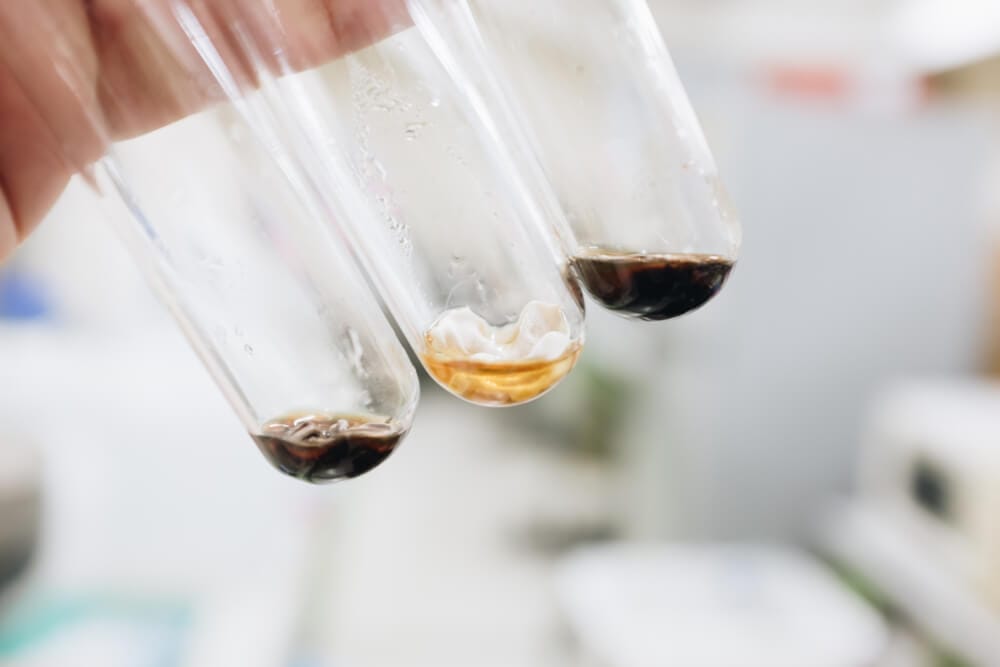The biotech industry has been exploding with new technologies and advancements over the last 20 years due to the increase in pressure to try and solve the world’s environmental pollutant crisis.
With the population increasing at an exponential rate, it’s imperative that our technologies and processes are kept up-to-date, and bioremediation is just one example of a biotech branch that combats pollutants and contaminants through various methods.
You may not have heard of the term bioremediation before, but it’s a booming field with many practical uses. Let’s take a closer look at what it is, and the different types of bioremediation.
What is bioremediation technology?
The question what is bioremediation? It can be answered simply it is the process of using biological microorganisms to breakdown hazardous materials and substances into less toxic or nontoxic products. It builds on and speeds up the natural biodegradation process that occurs in nature. By using bioremediation technology, we’re able to reduce certain pollutants and their damaging effects.
There are several branches of bioremediation, and it’s important to note that all are specialized in their methods and qualifications. Their services do not overlap due to the unique nature of their field.
Bioremediation examples and explanations
- Contaminated Soil
From landfills to factories, there are countless ways that human influence has introduced harmful contaminants into the soil and groundwater. Bioremediation companies that specialize in soil and groundwater use microbes that feed on the hazardous substances for energy, which results in the breakdown of the targeted contaminant.
Examples include junkyards, industrial spills, land development, fertilizer use, and more.
- Oil Spill
When tankers or oil rigs experience a detrimental problem that results in an oil spill, bioremediation is the preferred method of cleanup due to its effectiveness and lower cost than other options. Like the BP oil drilling platform, Deepwater Horizon and the Exxon Valdez tanker are two of the most infamous oil spill accidents, and the use of bioremediation was used to aid in the cleanup and restoration.
There are two types of bioremediation that can be used for oil spill cleanups:
- Bioaugmentation – this method involves introducing a small number of microbes that breakdown the oil.
- Biostimulation – this method, as the name states, is used to stimulate the innate microbes that are already present in nature by adding nutrients to the polluted area.
- Crime Scene Cleanup
The last type of bioremediation that is thought of is the use of the technology for crime scene cleanup.
When biohazards, such as blood, bodily fluids and/or tissues, and infectious diseases have contaminated a home or property as the result of an accident or crime, bioremediation is the preferred method of cleanup. Prior to the use of bioremediation methods, it was common that cleaners would use bleach and ammonia to clean the scene, but those chemicals can have damaging effects on the environment.
Instead, bioremediation utilizes enzyme cleaners to breakdown, clean, and sanitize biohazardous materials and surfaces.

Spaulding Decon is a leader in the crime scene cleanup industry. Our teams of licensed professionals are experts in bioremediation methods that will restore your home or property safely and effectively.
Through the use of proprietary cleaning agents, we not only clean the scene but also deodorize and sanitize, as well as ensure that the most thorough job is complete. As an added benefit to our clients, we bring in third-party testers post-cleanup, to prove that our work is as excellent as we claim it to be.
To find the nearest Spaulding Decon and get a Biohazard Cleaning estimate, visit https://www.spauldingdecon.com/locations/






